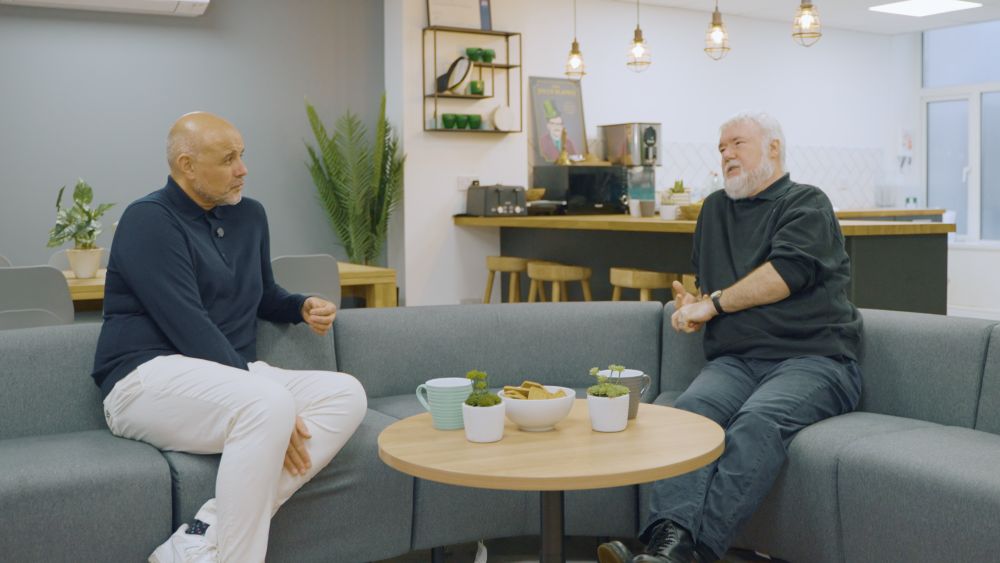The Beauty and Benefits of Gig Economy Jobs

Recent statistics from StandOut CV have estimated that around 1.7 million workers make up the UK gig economy workforce, with 89.7% of gig workers stating that the cost of living crisis and a need for additional income influenced their decision to pick up more work.
Beyond the financial benefits that taking on a gig economy job offers; can it provide other positives to prospective workers? Here are some of the ways it could benefit those who take one on.
Improvements to physical and mental health
One job within the gig economy that has become prevalent as a temporary and flexible work option is food delivery, as it solely depends on whether you have a mode of transport like a bike or a car and a cool box to keep the food to temperature while travelling to the destination. One lesser talked about benefit could be the improvement to both physical and mental health by making the most of your bike for this role.
Ben Mercer of Leisure Lakes Bikes, one of the UK’s biggest retailers of electric bikes, expressed his appreciation for gig economy jobs for their potential health benefits:
“With the number of food delivery apps constantly growing and expanding, the job opportunities for those looking for temporary work to earn some extra cash grows too. This is fantastic for those who might have a lot of experience sitting at a desk to get more active with their work.
“Taking this opportunity to use a bike for deliveries can have a significant impact on your health and wellbeing, especially when dropping off deliveries much further away from the restaurant. It’s no secret the benefits that cycling offers for your cardiovascular health, but it can also reduce stress and improve your mental wellbeing.”
Similarly, if you’re working a different gig economy role like freelance writing or graphic design, this could be done from the comfort (or productive discomfort) of a stationary bike at home. Building exercise and positive motion into your day while working to earn extra cash could make a huge difference to your quality of life.
Flexibility for work-life balance
Finding the best solution for a good work-life balance is hugely important for workers in the UK, with data finding that 47% of job seekers say it’s the biggest selling point when finding a new job. This can be difficult to achieve in a traditional career role, as most roles across many industries have set working hours and time management expectations, which can be difficult to balance no matter how long you’ve been in the job.
With the temporary, work-when-it-suits nature of gig economy roles, you can manage your working schedule to better suit you. For food delivery, this can be in the form of only working within a certain timeframe such as 5pm to 10pm with a self-imposed amount of hours you can work in a single shift. For other freelancing services, such as writing, transcription, online tutoring, or even graphic design, you can set yourself similar standards of how long you work in a single sitting before taking a break.
Taking back the control of time management rather than relying on a set schedule from a workplace allows for a more selective approach to working. This means you can approach each day with a better understanding of what works best for a positive work-life balance.
Exploring a passion or interest
Entering the gig economy often means utilising pre-existing skills or spending time developing interests you have into a way of making money. Not only are you learning important skills that can be applied to the working world, but it also helps to further develop skills that you may already have and how to use them in different ways.
One of these skills is networking and building connections with individuals and businesses within professional environments. This is where using social media platforms or professional platforms like LinkedIn to connect to people within the same discipline and with like-minded outlooks can lead to collaborating and being referred in the future.
The gig economy also allows prospective gig workers to work more creatively and approach a role from an entrepreneurial perspective. As you’re working independently as a freelancer, you are encouraged to think more about how you work and how best to apply your skills for optimal output.
Gig economy jobs aren’t solely side hustles to help bring in additional income but can be used to both better individual wellbeing and explore their interests and skills outside of a restrained workplace environment. This can help to develop individual abilities and can potentially create the opportunity to expand into a new professional role as a result.











Responses